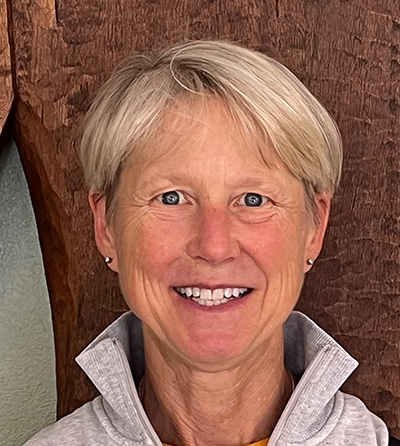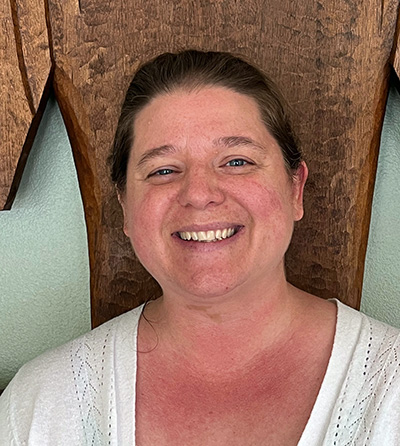Call Process

Pastor John Barton Accepts Call to WLLC!
Finally, we can share this great news far and wide! Get ready to welcome Pastor John, along with his wife, Sarah, and kids, Danielle (4 yrs), and Theodore (going on 6 mos) to WLLC. In addition to serving his current congregation, Faith Lutheran Church, in Menifee, CA, the Bartons are very busy making arrangements to move mid-January, 2024. They will live in Oregon City.
Mark your calendars for his first Sunday on Feb 4, 2024 and a festive installation on Mar 10, 2024. Meanwhile, we are so very blessed to journey through Advent, Christmas, and Epiphany with our beloved interims, Pastor Christine and Pastor Scott. Look for a celebration in honor of their service in early January.
Dates for pastoral transition:
January 7, 2024 – Last Sunday for Pastor Christine and Pastor Scott (and farewell celebration)
January 14, 21, 28 – Guest pastors at WLLC (Pastor Rob and Pastor Dianne)
February 4, 2024 – First Sunday for Pastor John Barton
March 10, 2024 – Installation of Pastor John Barton
Meet the Call Committee Members







Call Process Phases
Phase 1: Intentional Interim Pastor(s) and Congregation Self-Assessment
This phase provides time and space for the whole congregation to come together to remember and celebrate the past, assess the needs and gifts of the congregation, and explore opportunities for the future. A successful interim process not only prepares the way for the next chapter of a congregation’s history, but also allows each person and the whole community to practice healthy leave-taking, healing of old wounds, and imagining creative ministry that can invite the wider community into the communal path of courageous love.
During this phase, a Transition Team is formed and gathers information from the membership about the history, mission, goals, priorities and vision of the congregation. Communication between the congregation and the Transition Team is critically important to success during this phase of the process. This culminates with the creation of a Ministry Site Profile that encapsulates this information. The WLLC Transition Team completed this task in February 2023 and the profile was submitted to the Oregon Synod.
Phase II: Call Process
At the completion of the Transition Team’s work, the church leadership identifies prospective candidates for a call committee. This committee should reflect the diversity of the congregation in terms of age, gender, length of membership, etc. Candidates for the call committee are then contacted and asked to serve. Those that accept the invitation are referred to the congregation and a vote taken to approve their nomination.
The Call Committee then meets to establish community, discuss the process, familiarize themselves with how to read rostered minister profiles, and refine their interviewing styles and strategies. The committee may choose to engage in a practice interview with a local pastor or deacon. The Call Committee will receive candidate names from the Bishop’s Office and begin selecting and interviewing prospective candidates.
Throughout this process, the committee seeks guidance from the Holy Spirit to identify the candidate to be called. Confidentiality is vitally important. Candidate names must remain confidential, and interviews and meetings are not open to those outside of the Call Committee.
When a candidate has been chosen, their name is referred to the church council. The council will vote to the accept the candidate (2/3 majority required) and a compensation package is developed. If the vote is to go forward, the council recommends the candidate to the congregation and sets a congregational meeting date. The agenda for this meeting will have two items: approve calling the candidate (2/3 majority required); and approval of the compensation package (simple majority required).
The candidate receives the call and, if the call is accepted, notifies the congregation and the Office of the Bishop of their desired start date. A transition schedule will be created that includes a farewell to thank the interim pastors who have worked with the congregation during the call process. The new pastor or deacon is installed by a representative of the Office of Bishop at the agreed-upon time.


